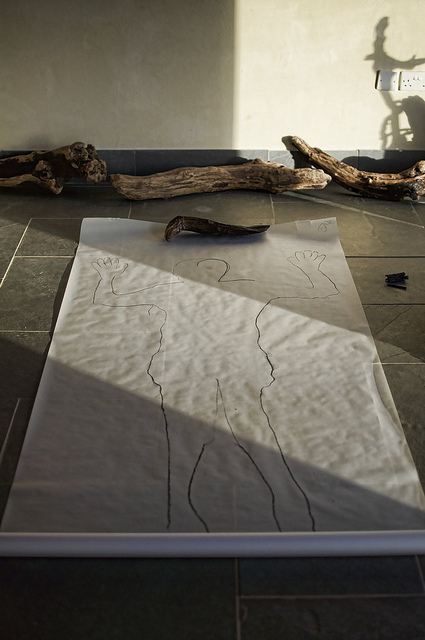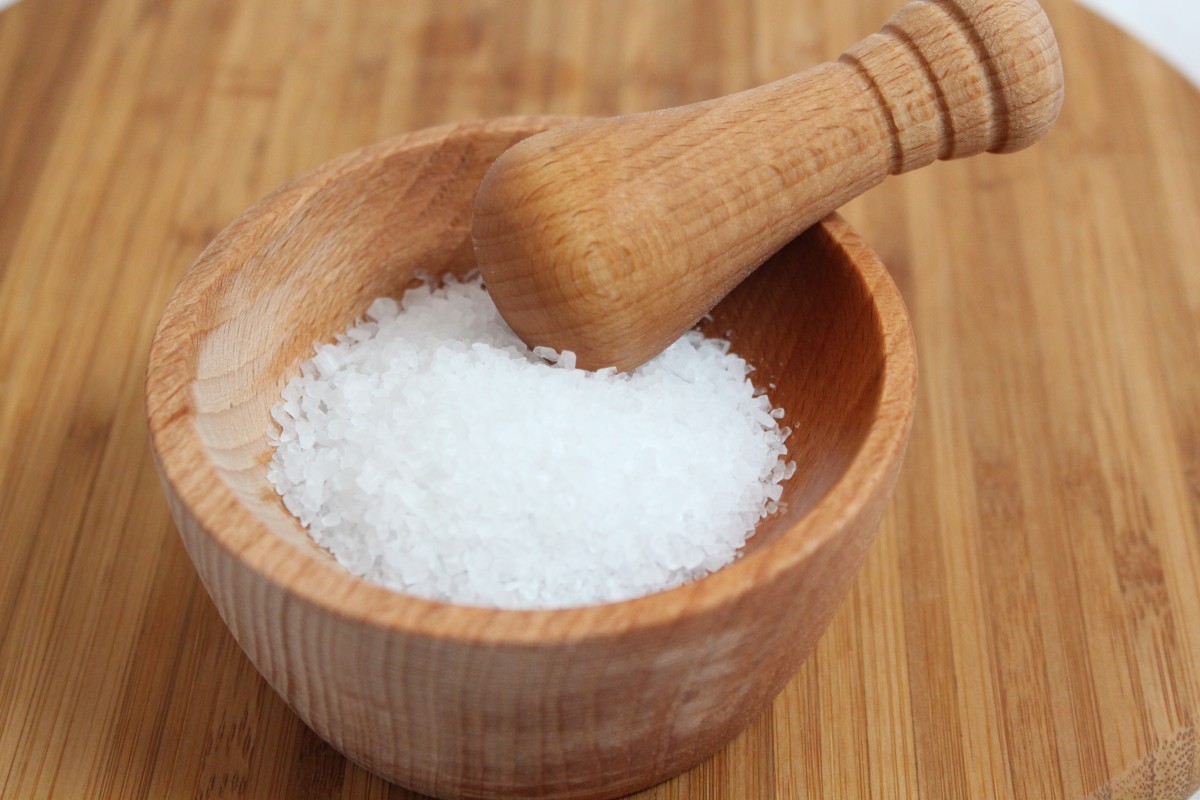T. J. Murray
“Okay, this is what you’re going to do,” Mr. Oliver, who was Clay’s eighth grade history teacher, said. “Call your parents tonight, tell them you love ‘em, but don’t tell them who’s calling. Just hang up.”
Clay called his mom that night and said he loved her, but she knew it was him. He asked her how she knew.
“Your name came up on my phone.”
He still didn’t hang up.
“When will you be home for dinner?” she asked, but he was already home.
Mr. Oliver said, “Get in a car and notice how the car becomes your body – you think about movement in terms of the car; if somebody hits the car, they hit you. Do that with your house. Then find the biggest building in the city and become that building. Be a giant.”
Clay tried to become his house, but he couldn’t do it. He didn’t bother with the biggest building in the city, which was St. Anne’s Catholic Church with the steeple you could see from anywhere in town. He figured it wouldn’t work, and if it did, he wouldn’t want everyone in town being able to see him from wherever they were.
Other students, Clay supposed, were ignoring the assignments. Mr. Oliver never mentioned a task after giving it to the class. When Clay told Mr. Oliver that he had called his mother but she had known it was him, Mr. Oliver said, “Okay, well, your mom probably would recognize your voice.”
Clay said that she had seen his name on the phone.
“That, too.”
Clay asked if it was a problem that he hadn’t hung up.
“Oh.”
Clay thought that Mr. Oliver didn’t like him. This sense came from years of being the kid with the scabs. Teachers spent more time talking to the clean kids. And the smart ones. And the ones with white teeth. And the ones who giggled.
In fifth grade, every kid was supposed to bring in a tracing of his or her body on a big sheet of paper. They were going to draw their innards inside the tracing as a way of learning about human anatomy.
Clay’s dad traced him after dinner, but told him not to take off his clothes, which Clay hadn’t planned on doing anyway. His dad moved the marker up and down Clay’s arms and legs and around his head while Clay tried to stay still. When he stood and looked at what they had made, he was frightened. His arms were too thin and his head looked like an alien’s.
“Well?” his dad asked.
Clay thanked him.
When Clay’s teacher, Mr. Allen, saw the tracing, he asked if Clay’s father was too busy to help him. He told Clay to stay after school. Then, when everyone else had left, he said, “Get down to your underwear; I’ll trace you.”
Clay’s father sold medical equipment. Clay’s mother was a receptionist at a dentist’s office. He saw his parents at church and sometimes at dinner.
At dinner on Tuesday, Clay’s dad asked him why he didn’t play any sports. Clay’s older brother was a pole vaulter. He shoved a big stick into a hole and went flying into the sky. Clay didn’t like that game and knew he wouldn’t be any good at it.
“Wrestling,” his dad suggested.
“Don’t,” Clay’s mom said to his father.
“What? The boy should go out for wrestling.”
“Wrestling,” she said to the ceiling.
“What?” his father asked.
“The scabs,” she said.
His father shrugged and ate.
His mother reached for one of Clay’s hands, but he dropped them both into his lap, where they wrangled and pulled bits from each other.
Clay wouldn’t even know he was picking the scabs on his hands and arms and face. He would just realize that he was bleeding droplets from all over. And if he thought about it, yes, he had been digging into his skin.
In St. Anne’s Catholic Church with the steeple that you could see from anywhere in town, his mom would say, “Clay, leave your hands/arms/face alone.”
“You’d be so handsome,” she’d say, but that was probably a lie and hardly a motivator.
Usually, Clay picked his scabs in his room or at a desk in school and no one said anything.
“Kiss someone,” Mr. Oliver said. “Anyone.”
That night, Clay was practicing kisses on a cupboard when his mother and older brother walked into the kitchen. No one said anything.
Mr. Allen’s tracing of Clay’s body looked more like a human, but Clay didn’t think it looked any more like him.
That was before he was covered in scabs.
“Think about what you want from life. Not what you want to be when you grow up, but what you really want. Go shout it from a mountaintop.”
Clay looked out the window. There were no mountains in sight. Just the steeple of St. Anne’s Catholic Church, which you could see from anywhere in town.
Clay’s older brother showed him this trick in sixth grade:
“Put your hands together like you’re praying,” he said, “and then spread your fingers.”
Clay did it.
“Good,” his brother said. “Now point your fingers at me.”
Then his brother did the same, but turned his hands horizontal. He pushed the webbing between his middle and ring fingers into the webbing between Clay’s middle and ring fingers.
“Now,” he said, “When you spread your hands and peek inside, you’ll see a vagina.”
That was the first vagina Clay ever saw, and it was his.
“This weekend, go home and right click on the Internet. Put your mouse over delete but don’t click it. Just hover there and pretend you could erase the whole thing.”
Clay didn’t dare.
But he found old pictures of himself online and took the mouse and shoved its pointy end at parts of his body.
He wondered if Mr. Allen still looked at those pictures, or if he would want Clay to lie on the floor in his underwear and giggle as he took some more.
Clay started digging the tip of his yellow no. 2 pencil into the back of his left hand. It pushed around vessels and bones and tendons. He was so enthralled by the shifting of the insides of his hand that he didn’t notice Mr. Oliver standing over him.
“Clay?” Mr. Oliver asked.
Clay dropped his pencil.
“Pay attention,” Mr. Oliver said.
Clay left his pencil on the ground and picked his scabs.
Nothing felt so good as picking scabs.
“Write an e-mail to your biggest crush, confessing your love. Hover your mouse over send.”
Clay wrote an email to Mr. Oliver.
It contained such phrases as: “smell you,” and “put my hand in your hair,” and “Maybe if I was with you, my skin would be smooth and I would be clean and smart and have white teeth and giggle.”
He put the mouse over send, masturbated, then deleted it.
Clay’s older brother had a girlfriend who was obviously attractive.
“Do you want to see a picture of her?” Clay’s older brother asked him. “Naked?”
Clay shrugged.
“Are you gay or something?” his brother asked.
Clay shrugged.
When his brother showed him the naked girl on his phone, Clay said she looked nice.
“Girls don’t look nice when they’re naked,” his brother said. “They look hot.”
“Run for political office,” said Mr. Oliver.
Clay stayed after class to ask for clarification.
“God, Clay, it’s just a joke,” Mr. Oliver said. He told Clay to forget it.
A girl with white teeth who always stayed after class told Clay that everyone knew the assignments were just a joke. “Just do your real assignments,” she said. “The ones that matter.”
Clay wasn’t quite sure which assignments mattered anymore.
On Friday, Mr. Oliver forgot to give a whimsical assignment, so Clay made up his own.
“Get in a car and notice how the car becomes your body—you think about movement in terms of the car; if somebody hits the car, they hit you.
“Get out and notice how your body sheds the car,” Clay said. “Now the car can get smashed, and you’re fine.”
So Clay put his fingernail under a scab, and he shed.
T.J. Murray is a writer and cartoonist pursuing his MFA at the University of South Florida. His comics have appeared or are forthcoming from Hobart and The Rumpus. His fiction is forthcoming from theEEEL. Find him on Twitter at @tjmurray83.




